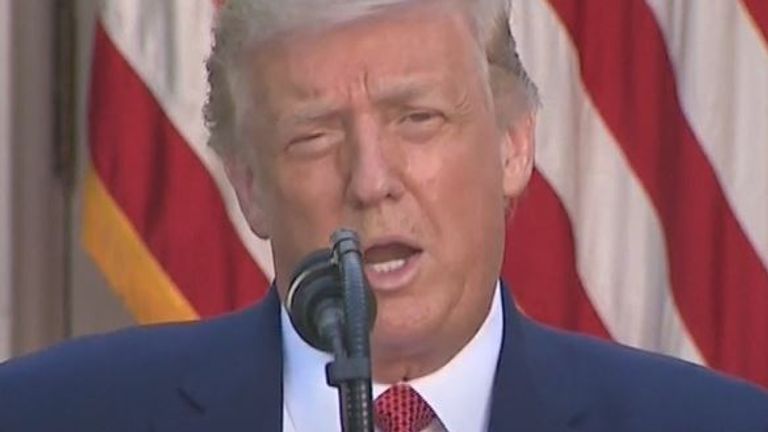The British government is launching a new telecoms diversity task force to find a supplier capable of filling the void left by a ban on Huawei’s equipment within the UK’s 5G infrastructure.
Mobile networks in the UK will be banned from purchasing 5G kit from Huawei from the end of this year, leaving only two large-scale suppliers active in the British market: Ericsson and Nokia.
Although the ban took place on security grounds, according to the UK’s National Cyber Security Centre (NCSC) the dependence on just two suppliers also introduces a significant risk for the long-term security of UK networks.
The security provided by a more diverse marketplace was the main reason NCSC gave for initially assessing that Britain’s 5G networks were safer for including Huawei equipment as well as that manufactured by Ericsson and Nokia.
However, following a decision by the White House to ban American companies from providing computer chips to Huawei – potentially pushing it to adopt chips produced by less trusted manufacturers – the NCSC was forced to upgrade the risk posed by Huawei equipment.
The US sanctions were criticised as “arbitrary and pernicious” by Huawei, which has confirmed that 40% of the roles within its enterprise business group in the UK are being made redundant as a result.
On Wednesday the government said it planned to publish a telecoms diversification strategy later this year “to address a market failure where mobile companies are limited to using just three major suppliers in their telecoms networks”.
“This restricts choice and poses a risk for the security and resilience of the UK’s future digital networks,” the statement added.
It comes ahead of the government introducing a Telecoms Security Bill this autumn, around the same time as which the government will also be publishing its telecoms diversity strategy.
The bill will make the prohibition on purchasing new Huawei equipment from the end of this year, and the requirement to remove all existing Huawei equipment from 5G networks by 2027, a legal obligation.
A task force to develop and implement the strategy will be led by Lord Livingston of Parkhead, a Conservative peer and the former chief executive of BT Group, who will be joined by senior executives within the telecoms sector to ensure that the government is listening to the industry’s needs.
Lord Livingston said: “It is vital that we position ourselves for the next generation of technology, particularly 5G, by having a wide choice of secure, innovative and high quality suppliers.
“I look forward to chairing this team of experts from industry and academia who can provide advice to government as to how it can best achieve these aims,” Lord Livingston added.
Although the digital secretary Oliver Dowden described the task force’s role as to “break through the barriers stopping suppliers from entering the UK,” there are currently no obvious third companies who could replace Huawei.
NCSC already requires that mobile operators use at least two vendors to provide the radio antennas in their network, meaning from the end of this year the UK mobile companies will effectively be required to purchase Nokia and Ericsson equipment.
Part of the task force’s work will be to enable other companies who provide Radio Access Network (RAN) equipment, such as Samsung, to be interoperable with the core equipment used in the core of the 5G infrastructure.
Speaking to Sky News, Matt Warman MP, who has the infrastructure portfolio under the Digital Secretary, said he did not expect that the key cause of the UK’s change in approach – the US decision to restrict Huawei’s computer chips – would be reversed.
“The most important thing to say is that we’ve taken the right decision for this country,” Mr Warman said.
“If I look across the Atlantic, actually this is an issue where – while the language might be different – there is considerable bipartisan support that is in line with the decision we’re taking,” he added.

